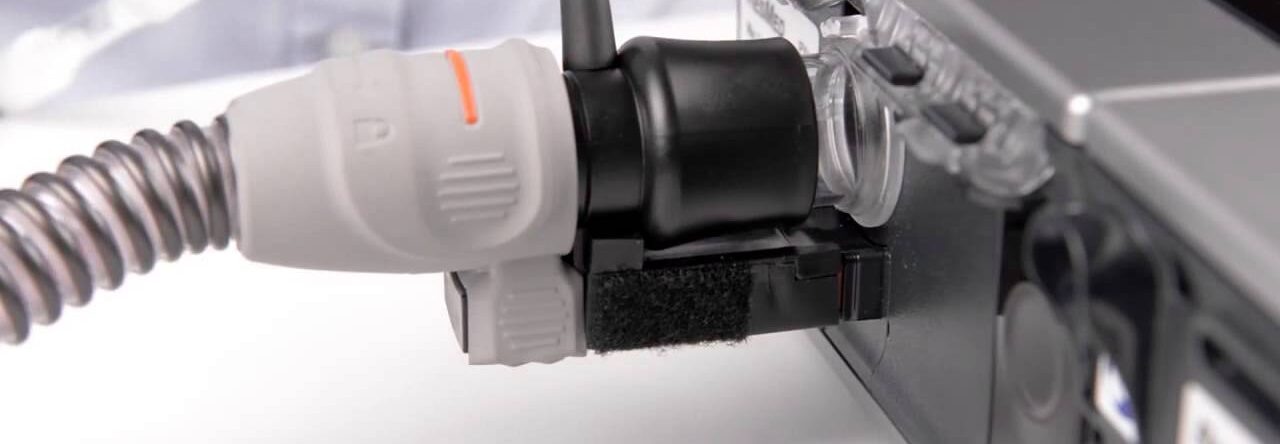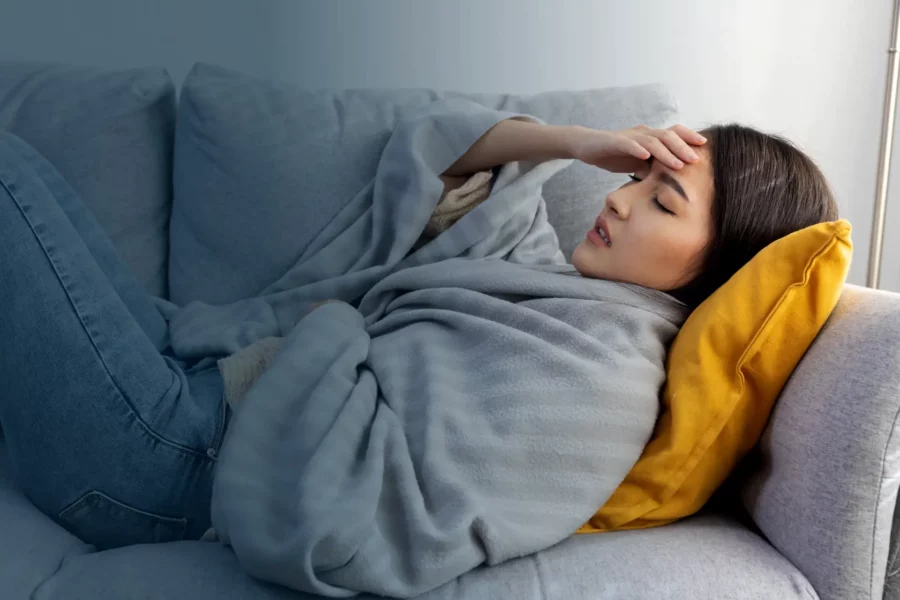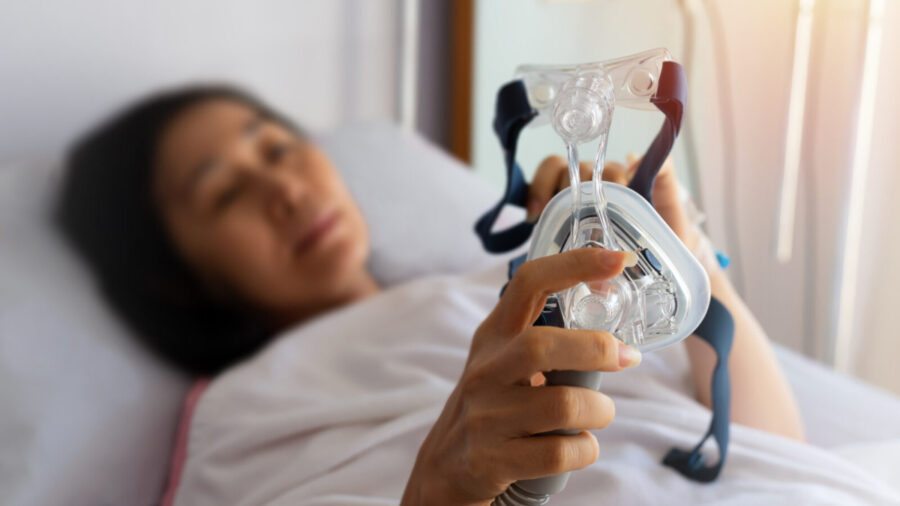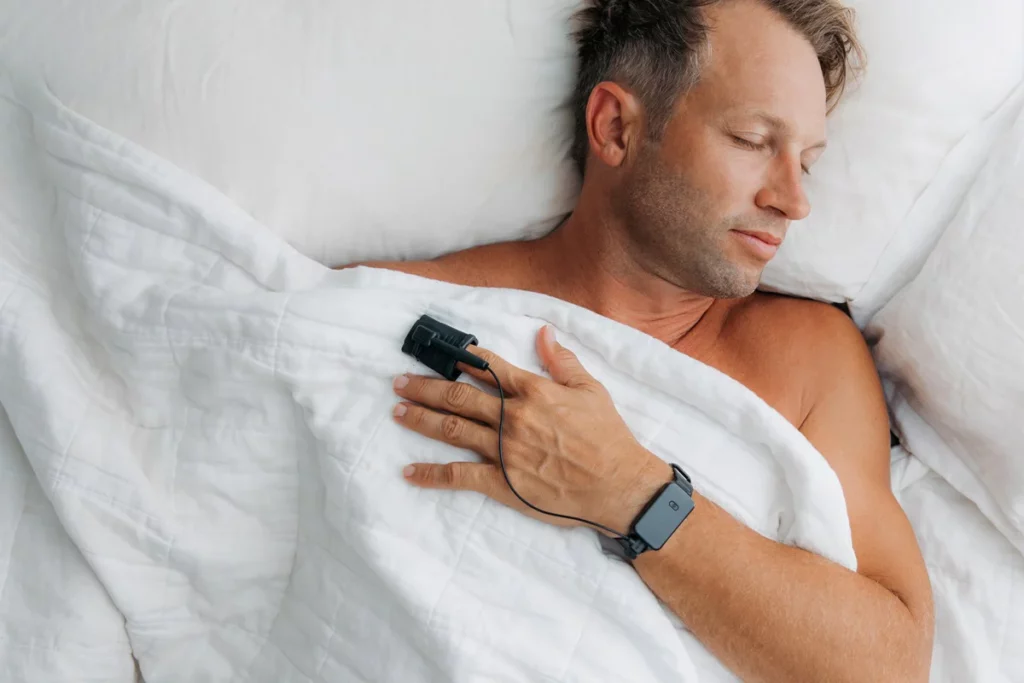Sleep disorders affect millions of Australians, often leading to significant health issues and reduced quality of life. In Canberra, bulk-billed sleep studies offer a cost-effective solution for diagnosing and managing these conditions. This article delves into the workings of bulk-bill sleep studies in Canberra, explaining the process, benefits, and what to expect.
Understanding Sleep Studies
Sleep studies, also known as polysomnography, are comprehensive tests that monitor various body functions during sleep. These studies are crucial for diagnosing conditions such as sleep apnoea, insomnia, and restless leg syndrome. By analysing sleep patterns, healthcare professionals can recommend appropriate treatments.
Bulk-billed sleep study Canberra represent a vital resource for individuals struggling with sleep disorders. By providing accessible and affordable testing options, these studies facilitate early diagnosis and effective management of sleep-related issues.
Types of Sleep Studies
There are primarily two types of sleep studies: in-lab studies and home sleep tests. In-lab studies are conducted in a sleep clinic, where patients are monitored overnight in a controlled environment. This method allows for comprehensive data collection, including brain activity, heart rate, and oxygen levels.
Home sleep tests, on the other hand, are designed for convenience. Patients can conduct these tests in the comfort of their own homes, using portable monitoring devices. While they may not capture as much data as in-lab studies, they are often sufficient for diagnosing common sleep disorders, particularly obstructive sleep apnoea.
Why Sleep Studies are Important
Sleep studies provide invaluable insights into an individual’s sleep health. They help identify underlying issues that may be contributing to poor sleep quality. By diagnosing sleep disorders early, individuals can receive timely interventions, which can lead to improved overall health and well-being.
Moreover, the implications of untreated sleep disorders extend beyond mere fatigue. Chronic sleep deprivation is linked to a multitude of health problems, including cardiovascular diseases, diabetes, and even mental health issues such as anxiety and depression. Understanding the nuances of one’s sleep patterns through these studies can empower individuals to take proactive steps towards enhancing their sleep hygiene. This might include lifestyle modifications, such as establishing a consistent sleep schedule, reducing caffeine intake, or creating a more conducive sleep environment.
Furthermore, sleep studies can also play a pivotal role in understanding the impact of sleep on cognitive function and performance. For instance, many professionals in high-stakes jobs, such as pilots and healthcare workers, may undergo sleep studies to ensure their rest patterns are optimal for peak performance. By prioritising sleep health, individuals not only improve their quality of life but also enhance their productivity and decision-making abilities in daily tasks.
Find more at: Canberra Sleep Study Cost A Complete Guide
Bulk-Billing Explained
Bulk-billing is a payment option under Australia’s Medicare system, allowing patients to receive medical services without any out-of-pocket expenses. This system is particularly beneficial for those who may struggle to afford necessary healthcare services, including sleep studies.
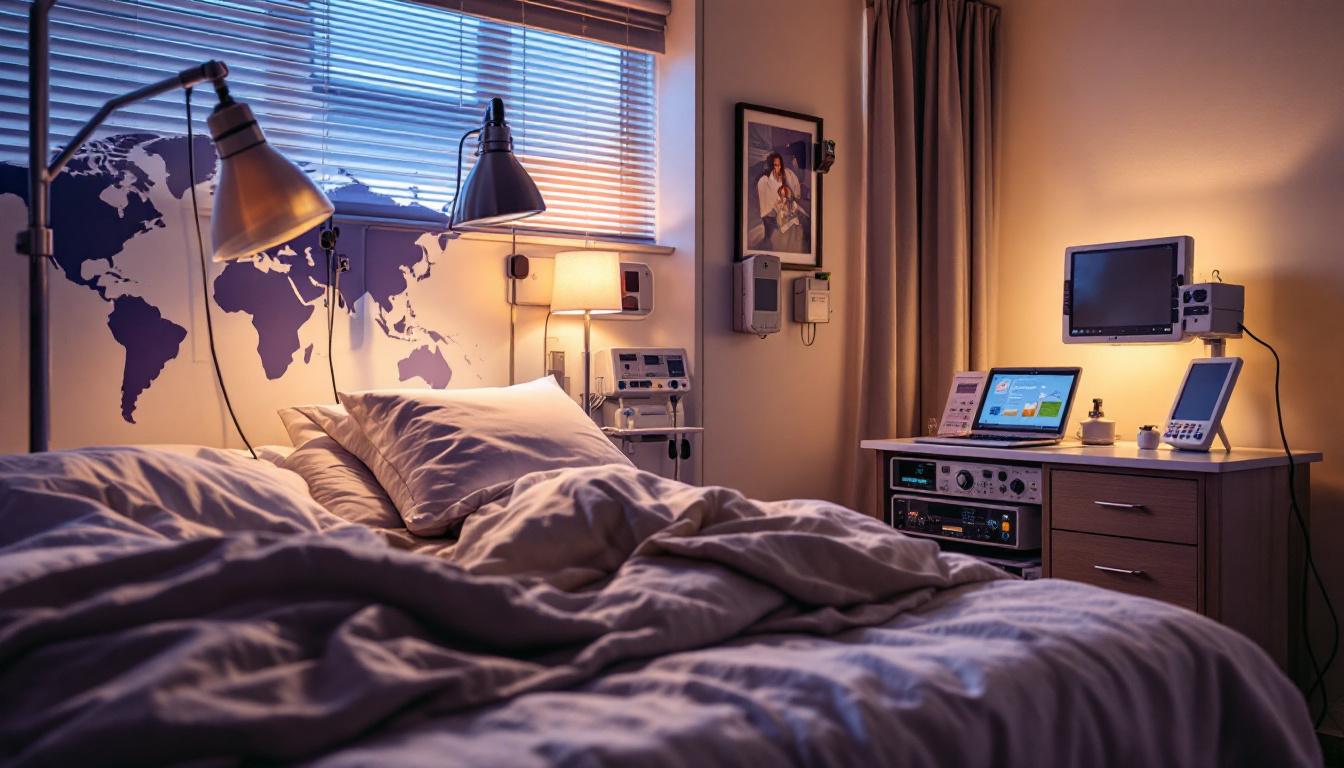
How Bulk-Billing Works
When a healthcare provider bulk-bills a patient, they directly bill Medicare for the services rendered. The patient does not pay anything at the time of the service, as the provider receives the payment from Medicare. This arrangement makes healthcare more accessible, particularly for those with financial constraints. Find more about accessible on https://careers.uw.edu/resources/accessibility-inclusion-action-in-medical-education/
To qualify for bulk-billing, patients must meet specific criteria set by Medicare. Generally, this includes being referred by a general practitioner (GP) or specialist and having a valid Medicare card. It’s essential for patients to check with their healthcare provider to ensure that bulk-billing is available for the sleep study they require.
Benefits of Bulk-Billing for Sleep Studies
One of the primary advantages of bulk-billing for sleep studies is the financial relief it provides. Patients can undergo necessary testing without the burden of high costs, making it easier to prioritise their health. Additionally, bulk-billing encourages more individuals to seek help for sleep disorders, leading to better overall public health outcomes.
Moreover, bulk-billed services often maintain high standards of care. Many accredited sleep clinics in Canberra offer bulk-billed sleep studies, ensuring that patients receive quality assessments and treatments without compromising on service. These clinics are equipped with advanced technology and staffed by experienced professionals who are dedicated to diagnosing and treating sleep disorders effectively.
Furthermore, the bulk-billing system fosters a more inclusive healthcare environment, where individuals from diverse backgrounds can access essential services without the fear of incurring significant debt. This is particularly important in a country like Australia, where the cost of living can be high, and healthcare expenses can deter individuals from seeking timely medical assistance. By alleviating these financial barriers, bulk-billing not only promotes individual well-being but also contributes to a healthier society overall, as more people are encouraged to seek treatment for conditions that may otherwise go unaddressed.
The Process of a Bulk-Billed Sleep Study
Understanding the process of a bulk-billed sleep study can alleviate any concerns patients may have. The journey typically begins with a consultation with a GP, who will assess the patient’s symptoms and determine the need for a sleep study.
Initial Consultation
During the initial consultation, the GP will conduct a thorough evaluation of the patient’s medical history and sleep patterns. Patients may be asked about their sleep habits, lifestyle, and any existing medical conditions. Based on this assessment, the GP may refer the patient to a sleep specialist or a sleep clinic for further evaluation.
Preparation for the Sleep Study
Once referred, patients will receive instructions on how to prepare for the sleep study. This may include guidelines on medications, caffeine intake, and sleep hygiene practices. It’s essential for patients to follow these instructions closely to ensure accurate results.

Patients will also be informed about what to expect during the study, whether it’s conducted in a clinic or at home. Understanding the procedure can help alleviate anxiety and ensure a smoother experience. Additionally, patients are often encouraged to keep a sleep diary in the days leading up to the study, noting their sleep times, awakenings, and any factors that may affect their sleep quality. This information can provide valuable insights for the healthcare professionals involved in their care.
Conducting the Sleep Study
In a sleep clinic, patients will typically arrive in the evening and be shown to a private room equipped with monitoring devices. Electrodes will be attached to the patient’s scalp, face, chest, and legs to monitor brain waves, heart rate, breathing, and muscle activity throughout the night. To learn more about monitoring click here.
For home sleep tests, patients will receive a portable monitoring device that they will wear while sleeping. This device will track essential metrics such as oxygen levels and breathing patterns. Patients will be instructed on how to use the equipment and return it after the study. It’s important to note that while home sleep tests are convenient, they may not capture the full range of sleep disorders as effectively as in-lab studies, particularly for complex cases. Therefore, the choice of study type will depend on the individual’s symptoms and the clinician’s recommendations.
After the study, the data collected will be analysed by a sleep specialist, who will look for indicators of sleep disorders such as sleep apnoea, restless leg syndrome, or other conditions. Patients can expect to receive a follow-up appointment to discuss the results, which will help guide any necessary treatment plans. This follow-up is crucial, as it allows patients to understand their sleep health better and take informed steps towards improving their overall well-being.
Interpreting the Results
After the sleep study is completed, the data collected will be analysed by a sleep specialist. The results will help determine whether a sleep disorder is present and, if so, the severity of the condition.
Follow-Up Consultation
Patients will typically have a follow-up appointment with their GP or sleep specialist to discuss the results. During this consultation, the specialist will explain the findings and recommend appropriate treatment options based on the diagnosis.
Common treatment options may include lifestyle changes, continuous positive airway pressure (CPAP) therapy for sleep apnoea, or medications for insomnia. The specialist will work with the patient to develop a personalised treatment plan that addresses their specific needs.
Long-Term Management of Sleep Disorders
Managing sleep disorders often requires ongoing support and monitoring. Patients may need regular follow-ups to assess the effectiveness of their treatment and make any necessary adjustments. This collaborative approach ensures that patients receive the best possible care for their sleep health.
Conclusion
Understanding the process of a bulk-billed sleep study can empower patients to take charge of their sleep health. With the right support and treatment, individuals can improve their sleep quality, leading to enhanced overall well-being and a better quality of life.
For those experiencing sleep difficulties, seeking a referral for a bulk-billed sleep study may be a crucial step towards regaining restful nights and vibrant days.

